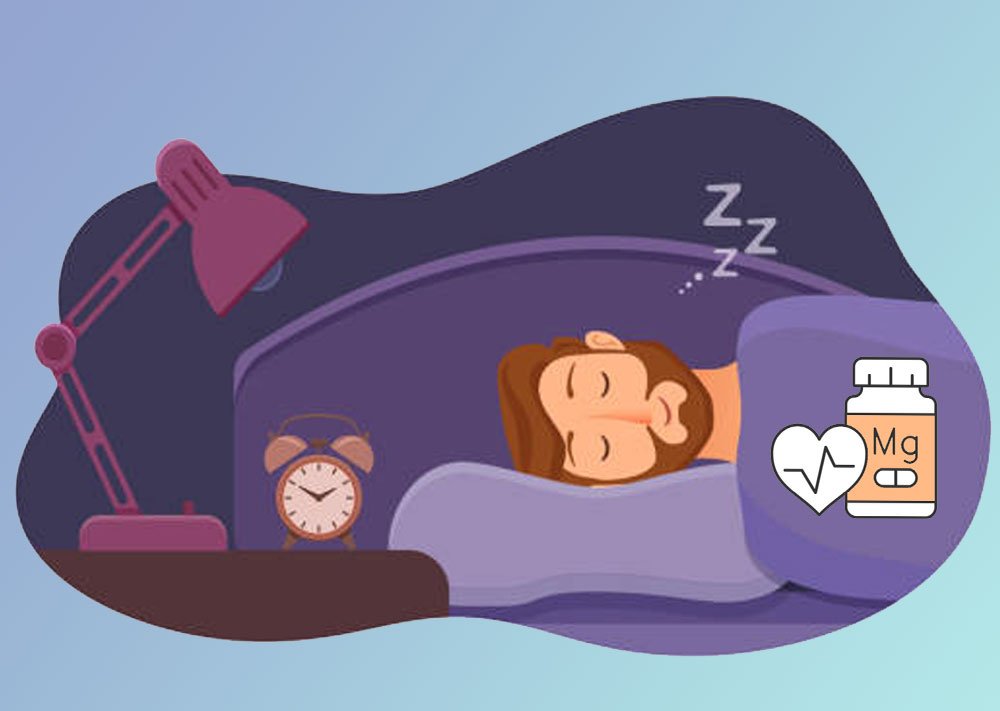Your physical health is affected by sleep in a variety of ways. Many studies have looked into the vital connection between sleep and health. The research has revealed just how important sleep is for physical health, as our bodies require adequate rest to function optimally.
Are you curious about the many ties between physical and sleep health? Read on to discover how sleep impacts our lives!
Table of contents
What is the impact of sleep on your physical health?
When we don’t get proper sleep, our physical health suffers. According to the Cleveland Clinic, lack of sleep is linked to an increased risk of diabetes, heart disease, and weight gain. Insufficient sleep may worsen existing ailments because your immune system can be weakened due to inadequate sleep.
While sleep is vital to good physical well-being, many cannot get enough. According to a CDC report from 2016, one in 3 Americans said they didn’t get enough rest. The number could be more pronounced now, given that coronavirus has been linked with less sleep.
Benefits of sleep for Physical Health
It’s a lovely surprise to realize how numerous ways sleep can benefit our physical well-being, when we are asleep, our bodies repair and restore various systems, including the immune and muscular systems.
Your brain can also build up memories, which is crucial for long-term memory. It is also crucial for your cardiovascular system since, at rest, blood pressure and heart rate increase and decrease.
In addition, the body releases hormones at night that assist in repairing itself and regulating energy consumption. These hormones aid in maintaining an ideal weight. Zoe
Adverse effects of sleep Deficit
Sleep is essential for many functions that allow the body to function normally. Therefore, it is logical that its absence could have serious adverse health effects. Lack of sleep has been associated with severe illnesses like obesity, heart disease as well as diabetes and depression.
Check out the following for a few of sleep loss’s immediate and long-term effects.
Short-Term Effects
- For forgetfulness – Since sleep is essential for storing memories, an absence of it could lead to difficulty in remembering.
- Moodiness – (or moodiness) People who are deficient in sleep report increased negative moods such as anger or frustration.
- Stress – Stress can create and worsen the effects of sleep lack. When stressed, your body releases hormones, such as adrenaline and cortisol, which raise blood pressure and heart rate.
- Performance issues – A lack of sleep can affect our reactions, which makes daily tasks like driving or working harder.
Long-Term Effects
High Blood Pressure
The Mayo Clinic says sleep deprivation could lead to increased blood pressure. High blood pressure can cause adverse health effects, including kidney disease, heart disease, eye problems and a higher risk of developing diabetes.
Diabetes
Sleep is vital to maintain your metabolic health, and deprivation could lead to increased insulin resistance and the risk of developing type 2 diabetes. If you have diabetes, lack of sleep could make it challenging to manage since the blood sugar levels get more volatile when you don’t get enough sleep.
Heart Disease
Research suggests that insufficient sleep is linked to increased blood pressure, elevated cholesterol, and a higher chance of having heart attacks. Furthermore, people who suffer from sleep disorders like insomnia or sleep apnea are more likely to suffer from heart disease and cardiac failure.
Obesity
Sleep deprivation can lead to an increase in the risk of obesity. Sleep can affect the production of hunger and satiety hormones that help to keep your body at the ideal weight. A study found that people who don’t sleep have a greater appetite and take in more. The study also revealed that sleep-deprived people prefer higher carbohydrate and fat food items.
Sleep Deprivation and Physical Health
As we’ve seen, sleeping insufficiently can cause various adverse physical health effects. From weight loss to a weak immune system, not getting enough sleep is detrimental to your body. It can also cause an increase in the risk of accidents because the body’s ability to respond is reduced and balance diminished.
Although it might seem that prioritizing your work or social life, oversleeping isn’t an issue, it could lead to serious health problems.
Tips for Getting Better Sleep
If you’d like to maintain your body’s performance optimally, getting enough and adequate sleep is essential. While it might sound simple but for some, it takes work.
Please have a look at our top tips to get more restful sleep.
- Make sure your bedroom is excellent as well as dark and quiet. This will create a comfortable night’s sleep.
- Avoid using your smartphone for more than 30 mins before going to bed. The blue light produced by devices can keep your mind alert.
- You should go to bed at the exact times every night and get up at the same time every day. This will help your body to recognize when it’s time for rest.
- Regularly exercise (but not before your bedtime). Regular exercise will exhaust your body and prepare it for relaxation.
- Avoid drinking alcohol or caffeine before your bedtime. You should quit drinking caffeine at least four hours before bedtime and alcohol for at least two hours.
- Make sure you only use your body for sleeping and sexual to have sex. This will make it easier to connect your bed to those activities.
More tips as well as tricks within our comprehensive Sleep hygiene manual.

